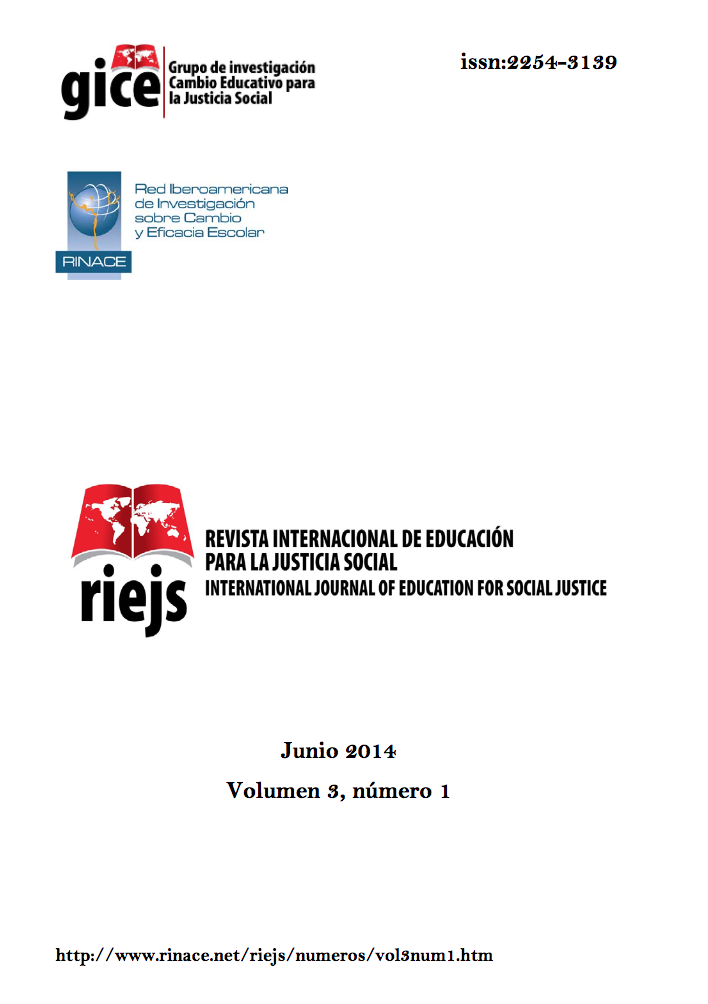Socio-scientific issues and educating for an ecologically and socially just world: A transdisciplinary approach for engaging pre-service teachers in Science and Mathematics
Keywords:
Science education, Mathematics education, Socio-scientific issues, Social justice, Transdisciplinary education, Teacher educationCopyright (c) 2015 Revista Internacional de Educación para la Justicia Social (RIEJS)

This work is licensed under a Creative Commons Attribution-NonCommercial-NoDerivatives 4.0 International License.
Abstract
Over the past decade, primary/middle pre-service teachers at the University of South Australia have been employing socio-scientific issues (SSIs) as the basis of planning meaningful and connected science and mathematics experiences for students in low socio economic schools. We have used the philosophic and pragmatic challenges associated with exploring SSIs to help our pre-service teachers conceptualize ways in which they, as teachers of science and mathematics, can better help their students to understand how they can live and operate in a more socially and ecologically just world. This case study of a cohort of primary/middle undergraduate students utilizes two sources of data to evaluate the efficacy of these learning experiences in meeting the desired outcomes; firstly, a debriefing analysis following a formal ‘roundtable’ assessment of pairs of pre-service teachers, and secondly, a collection of direct student evaluation data by means of an online survey. The outcomes show that the challenges presented by adopting these strategies were particularly acute in the professional journey of non-specialist primary and primary/middle pre-service teachers, and meeting these challenges directly through participation in authentic experiences incorporating, place-based voluntary learning, environmental pledges, and transdisciplinary approaches to long-term planning had some demonstrable success, particularly in connecting planning to student life worlds.
